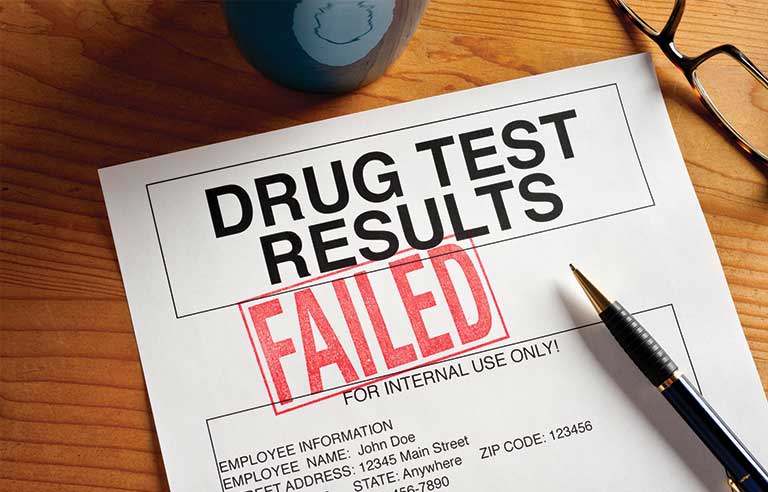
Washington — The Federal Motor Carrier Safety Administration is seeking input on a proposed rule that would ban states from issuing commercial driver’s licenses to operators with existing drug or alcohol violations, in an effort to eliminate a “regulatory loophole.”
The proposed rule, published in the April 28 Federal Register, also would prohibit state driver’s licensing agencies from renewing, upgrading and transferring CDLs for those operators.
FMCSA contends that although its online Drug and Alcohol Clearinghouse – fully implemented in January – provides real-time national data on commercial motor vehicle drivers who have failed drug and alcohol tests, most states remain unaware that the violations have occurred.
“Consequently, there is no federal requirement that SDLAs take any action on the license of drivers subject to that prohibition,” FMCSA states. “As a result, a driver can continue to hold a valid [commercial learner’s permit] or CDL, even while prohibited from operating a CMV under FMCSA’s drug and alcohol regulations.”
Provisions of the clearinghouse require employers and medical review officers to report information about drivers who test positive for drugs or alcohol, or who refuse to comply with testing. Substance misuse professionals must report information about drivers who participate in the return-to-duty drug and alcohol rehabilitation process.
The proposal outlines two possible methods for determining the process by which SDLAs would access driver-specific information from the clearinghouse:
- Require SDLAs to initiate a mandatory downgrade of the CLP and CDL driving privilege. Drivers would be required to complete the [return-to-duty] process and comply with any state-established procedures for reinstatement of the CMV driving privilege.
- Provide SDLAs with optional notice of a driver’s prohibited status from the clearinghouse. The states would decide whether and how they would use the information under state law and policy to prevent a driver from operating a CMV.
Under the second alternative, SDLAs could choose to receive “push notifications” from the clearinghouse when drivers licensed in their state are prohibited from operating CMVs because of violations of drug or alcohol regulations.
Comments on the proposed rule are due June 29.


